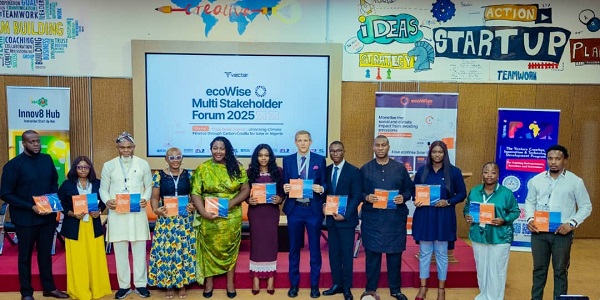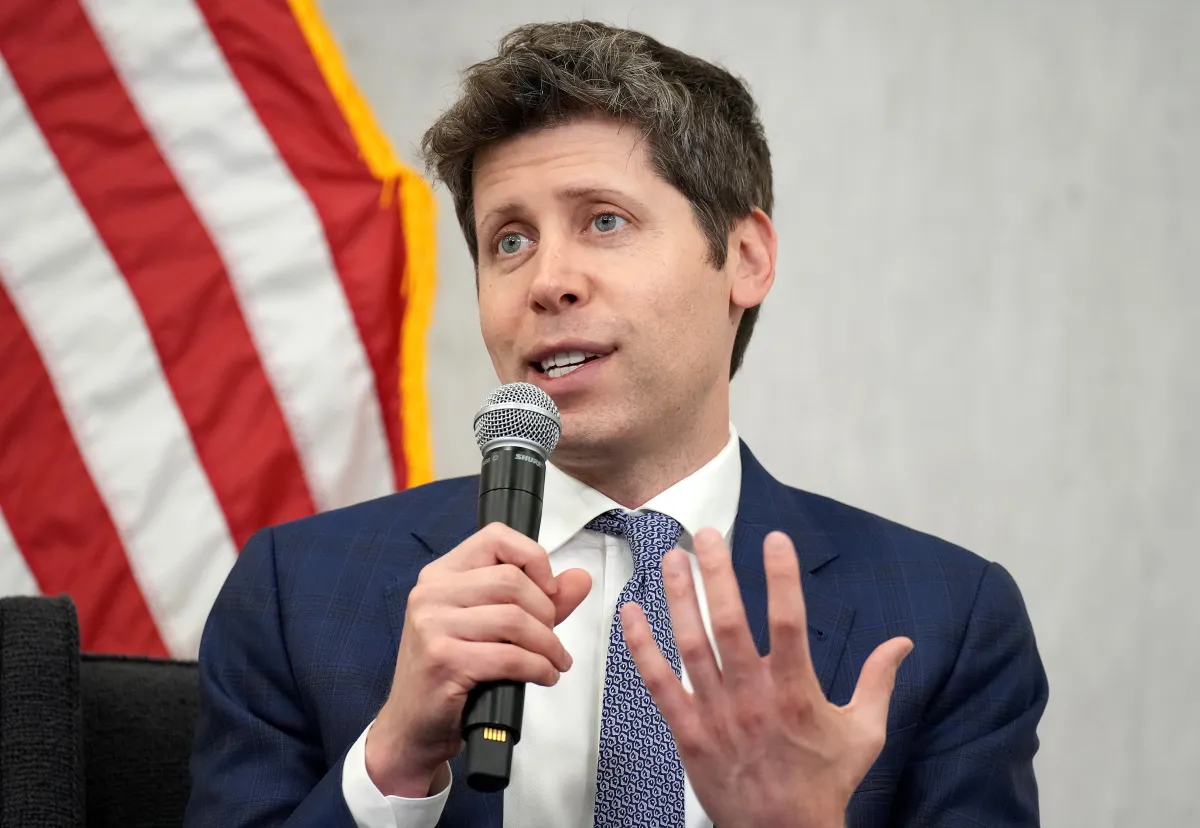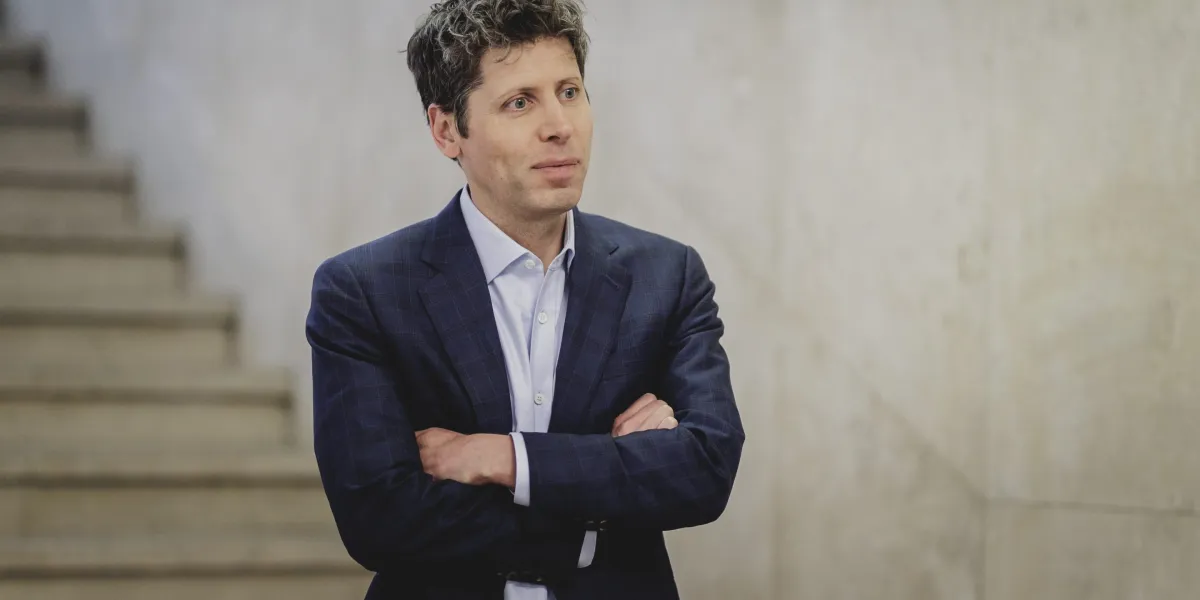Copyright thenationonlineng

Vectar Energy, a climate technology company, has unveiled a flagship digital “ecoWise” platform to unlock climate finance through carbon credits. Nigeria is in urgent need of about $40 billion to meet its energy gap. Nigeria had officially launched its Carbon Market Activation Plan (CMAP) in February 2024 and a supporting policy, the Nigeria Carbon Market Activation Policy (NCMAP), in September 2024, which outlines the strategy to unlock an estimated $2.5 billion market by 2030. Speaking on the possibility of funding renewable energy through the initiative, the Founder of Vectar Energy, Deborah Fadeyi, reiterated the need for sustainable solutions through converting solar data into real capital via accelerating climate finance and clean energy in Nigeria Fadeyi disclosed this in her keynote address during inauguration of the ecoWise Multi-Stakeholder Forum in Abuja. The event with the theme: “Trust. Scale. Impact: Unlocking Climate Finance through Carbon Credits for Solar in Nigeria” focused on the need for a new era of climate action built on trade, not aid. Fadeyi said that Nigeria’s energy crisis, where more 86 million citizens lacked access to electricity, required market-based mechanisms that rewarded renewable energy deployment. “For too long, the conversation around climate resilience has revolved around aid; it is time we trade value. READ ALSO: Commanding from the front: Tinubu strengthening national security architecture “If we deploy low-carbon solar systems that reduce emissions, then those verifiable reductions should be monetised as carbon credits, which is how we finance more renewable energy projects and achieve sustainable industrialisation.” According to her, ecoWise is Africa’s first patented digital Measurement, Reporting and Verification (MRV) platform that automates the process of transforming real-time solar generation data into certified carbon assets. “By digitising verification and linking directly to international carbon registries, ecoWise reduces costs by up to 80 per cent. “It shortens issuance cycles from a year to as little as three months, creating faster, transparent access to global climate capital,” she said. Fadeyi said that carbon credits derived from clean energy could be sold to corporate buyers, such as Amazon or Microsoft as net-zero commitments, allowing local developers to reinvest proceeds into new projects. In her special address, Caroline Eboumbou, Chief Executive Officer of All On, praised the unveiling of ecoWise as a landmark step in Nigeria’s journey toward a self-sustaining carbon market. “This is not just a conversation, it is a call to action; platforms like ecoWise are showing us that with real-time data, transparency, and integrity, we can unlock climate finance at scale.’’ Eboumbou highlighted that the Carbon Market Activation Plan, unveiled by President Bola Tinubu in March, 2024, aimed to mobilise up to 2.5 billion dollars in high-integrity carbon investments by 2030. She described ecoWise as “the kind of catalytic innovation Nigeria needed, saying it would enable developers to access new financing streams, lower project costs and accelerate solar deployment across communities. “ecoWise’s pilot projects platform is already proving what is possible with support from All On, the British Council and other partners. “This platform could unlock 13 percent of the financing needed to achieve Nigeria’s solar ambitions, around 3 GW of capacity by 2028, benefiting more than 100,000 households. “As Nigeria advances its climate-market framework and “Mission 300” initiative, the ecoWise platform stands as a bridge between climate integrity and capital flow; especially, in transforming renewable data into measurable, tradable, and investable assets,” she said. She added that carbon markets, when built on trust and transparency, could turn Africa’s vast solar potential into a 50 billion dollars opportunity, positioning Nigeria as the continent’s carbon finance hub. Fadeyi said that net zero was “the economic and industrial opportunity of the 21st century, essential to driving growth and creating good jobs. On her part, Ms Damilola Asaleye, Vice President of the Renewable Energy Association of Nigeria, commended ecoWise to be “home-grown solution for global climate finance”. She urged private developers to leverage the platform to monetise their clean-energy data and drive the energy transition from the grassroots. The Ambassador of Israel to Nigeria, Michael Freeman, represented by Thelma Agada, B-Technology Project Manager, lauded Vectar Energy’s innovation as a model of Nigeria-Israel cooperation through the Innov8 Hub initiative. “Nigeria has everything it takes to lead Africa’s clean-energy transformation, sunlight, talent and determination; the challenge is connecting innovation to investment. ecoWise does exactly that,” Freeman said. The forum culminated in the unveiling of ecoWise Technical White Paper, a 50-page research report that sets out a data-driven roadmap for scaling distributed solar in Nigeria through digital MRV and carbon markets. The report demonstrates how verifiable carbon revenues can improve project Debt Service Coverage ratios (DSCRs) and reduce the weighted average cost of capital (WACC), making solar assets more bankable.



